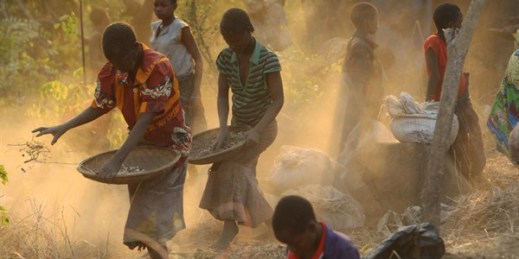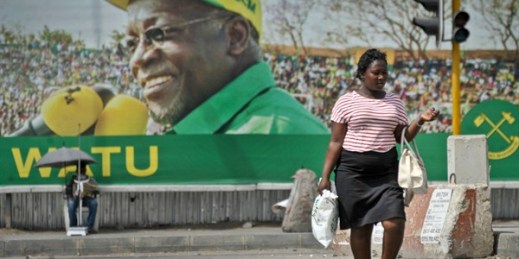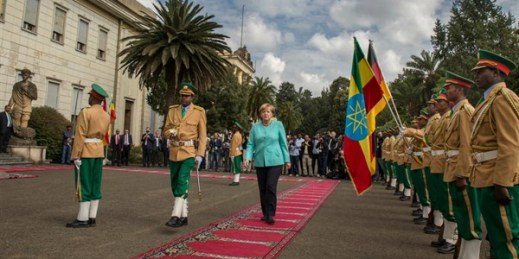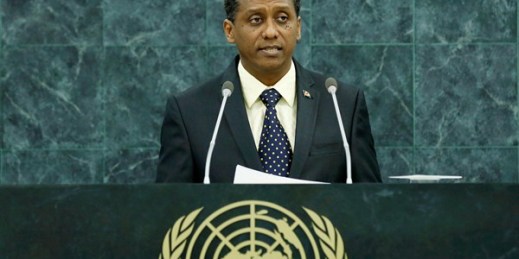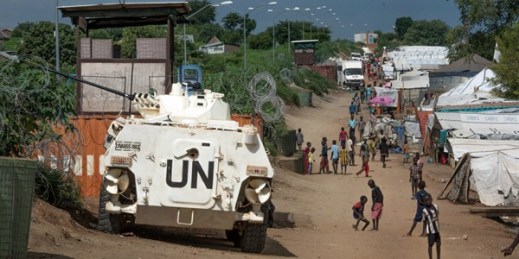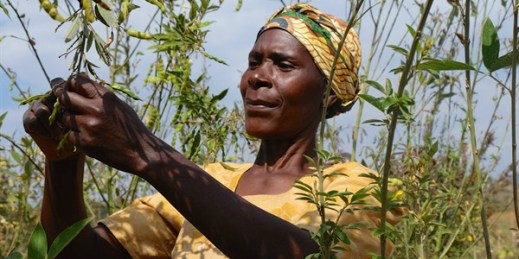
In this week’s Trend Lines podcast, WPR’s senior editor, Frederick Deknatel, and associate editor, Karina Piser, discuss how to get India-Pakistan ties back on track, the international outrage over Russia’s actions in Syria, and Tanzania’s troubling authoritarian turn. For the Report, Jonathan Rosen talks with Peter Dörrie about Malawi’s struggle for food security. Listen:Download: MP3Subscribe: iTunes | RSS Relevant Articles on WPR: What Will It Take To Get Troubled India-Pakistan Ties Back on Track? International Outrage Won’t Change Russia’s Behavior in Aleppo Magufuli’s Reformist Drive Takes an Autocratic Turn in Tanzania From Drought to Green Revolution? Malawi’s—and Africa’s—Quest for Food […]

